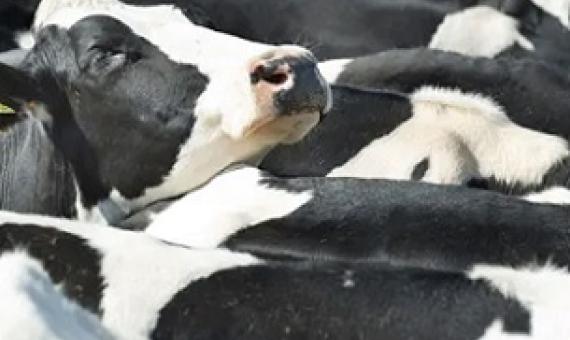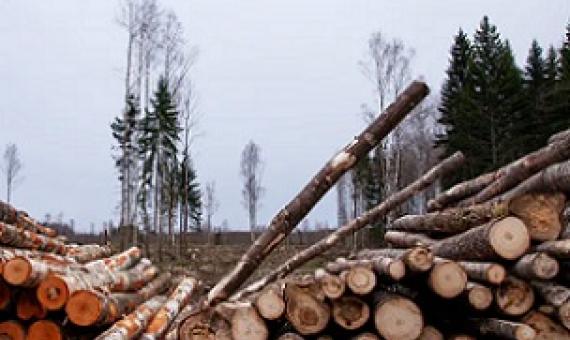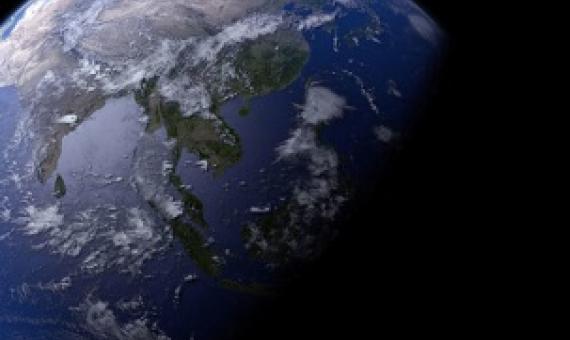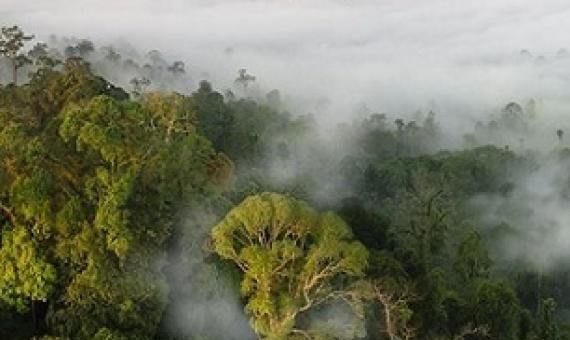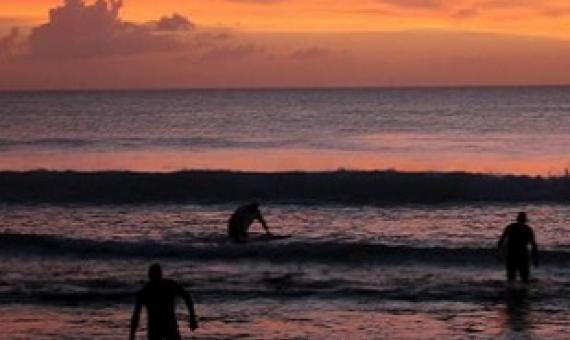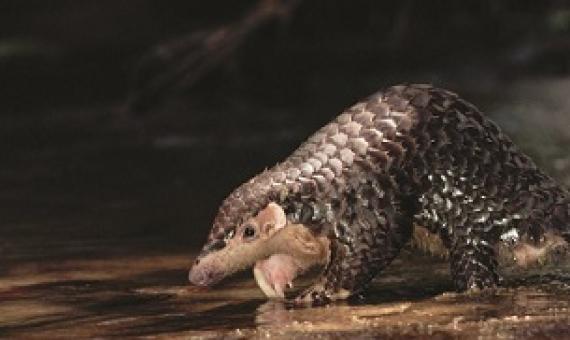Elon Musk’s recent announcement that he will donate $100 million to whomever develops the most promising technologies to remove carbon dioxide from the atmosphere is both exciting and depressing. Exciting because such incentives could galvanize new innovation.
An inventory of biodiversity data sources for conservation monitoring
Many conservation managers, policy makers, businesses and local communities cannot access the biodiversity data they need for informed decision-making on natural resource management. A handful of databases are used to monitor indicators against global biodiversity goals but there is no openly available consolidated list of global data sets to help managers, especially those in high-biodiversity countries. We therefore conducted an inventory of global databases of potential use in monitoring biodiversity states, pressures and conservation responses at multiple levels.
The global food system is the biggest driver of destruction of the natural world, and a shift to predominantly plant-based diets is crucial in halting the damage, according to a report.
For many businesses, climate change is an existential threat. Extreme weather can disrupt operations and supply chains, spelling disaster for both small vendors and global corporations. It also leaves investment firms dangerously exposed.
A group of the world’s top ecologists have issued a stark warning about the snowballing crisis caused by climate change, population growth, and unchecked development. Their assessment is grim, but big-picture societal changes on a global scale can still avert a disastrous future.
Nature loss is accelerating at an unprecedented rate with 1 million species facing extinction.
...while the Blue Pacific has led and made the strong moral case for action on climate, this progress is at risk of unravelling if we do not also step up to the related crisis of nature loss. Our islands and history are closely intertwined with the ocean and its biodiversity.
Trafficking in wild animal and plant products is driving species to extinction, but some researchers think restrictions only spur demand and make things worse...There’s no disagreement among researchers that the wildlife trade is a major contributor to the loss of biodiversity worldwide.
In an article published in the peer-reviewed scientific journal, Wiley Interdisciplinary Reviews (WIREs) Water, the 13 experts say that while plastic waste is an issue, its prominence in the general public's concern for the environment is overshadowing greater threats, for exam
Area-based conservation in the twenty-first century
Humanity will soon define a new era for nature—one that seeks to transform decades of underwhelming responses to the global biodiversity crisis. Area-based conservation efforts, which include both protected areas and other effective area-based conservation measures, are likely to extend and diversify. However, persistent shortfalls in ecological representation and management effectiveness diminish the potential role of area-based conservation in stemming biodiversity loss.


